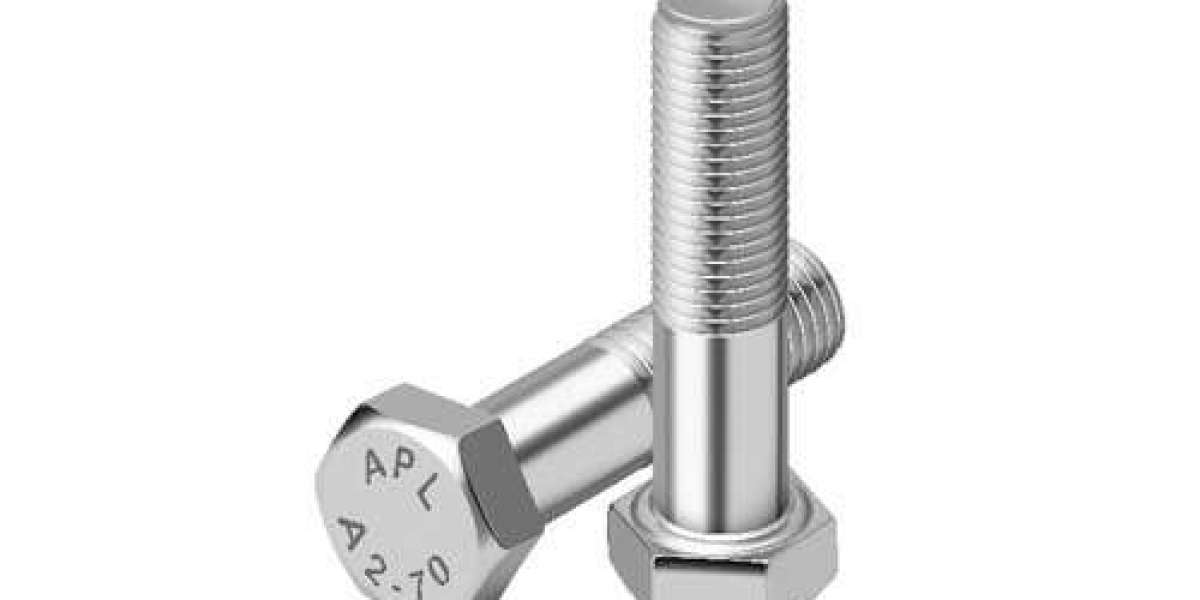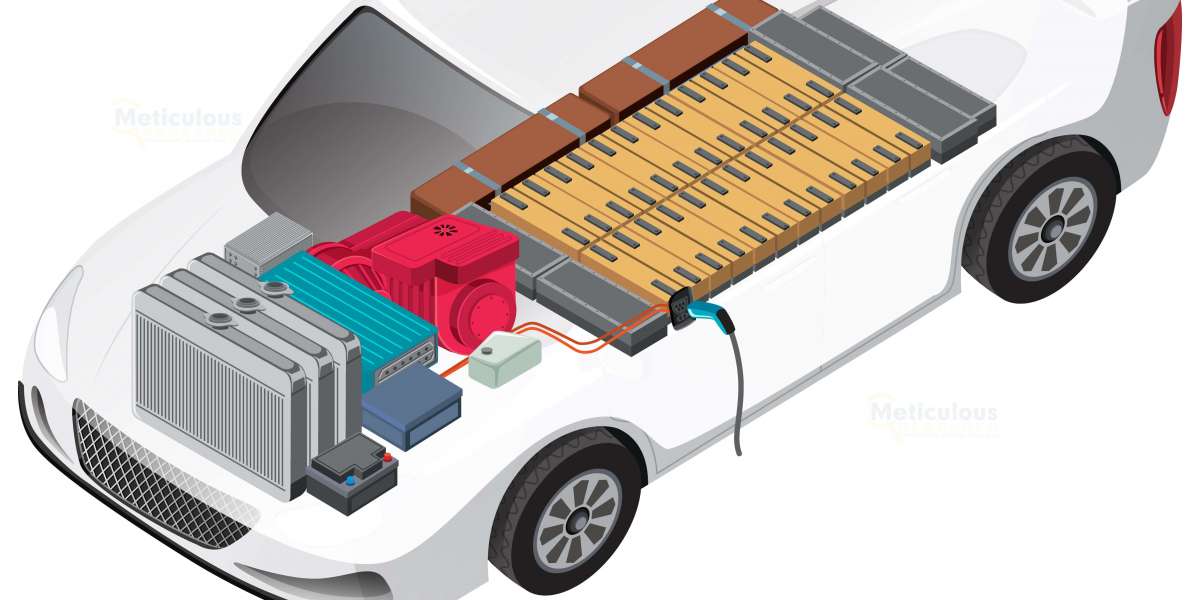Benefits of Aluminum Bolts
Lightweight Advantage
One of the standout features of aluminum bolts is their lightweight nature. They weigh a fraction of what steel bolts do, making them indispensable in industries like aerospace and automotive, where every gram counts.
Corrosion Resistance
Aluminum bolts naturally forms a protective oxide layer that shields it from rust and corrosion, even in harsh environments. This quality makes aluminum bolts a go-to choice for marine and outdoor applications.
High Strength-to-Weight Ratio
Despite being lightweight, aluminum bolts offer impressive strength, especially when made from alloys like 7075 or 6061. This strength-to-weight ratio ensures they perform exceptionally well in demanding conditions.
Applications of Aluminum Bolts
Aerospace Industry
Aluminum bolts are extensively used in aircraft manufacturing. Their lightweight nature reduces the overall weight of the aircraft, contributing to fuel efficiency and performance.
Automotive Sector
From luxury cars to performance bikes, aluminum bolts are common in the automotive world. They help in reducing the vehicle's weight, improving speed, and enhancing fuel efficiency.
Marine Uses
In the marine industry, aluminum bolts are prized for their resistance to saltwater corrosion, making them ideal for boats, ships, and offshore platforms.
Construction and Infrastructure
Aluminum bolts are increasingly used in construction, especially in structures requiring lightweight yet strong fasteners, such as bridges and high-rise buildings.
Aluminum Bolt Manufacturing
Key Processes in Manufacturing
Aluminum bolts are typically produced through forging, machining, and extrusion processes. These methods ensure the bolts meet precise specifications and quality standards.
Types of Aluminum Alloys Used
Popular alloys for aluminum bolts include 6061, known for its all-around performance, and 7075, prized for its exceptional strength. Each alloy serves specific purposes based on the required application.
Comparing Aluminum Bolts to Other Materials
Aluminum vs. Steel Bolts
Steel bolts are stronger but significantly heavier. Aluminum bolts offer a better alternative when weight is a critical factor, though they may not be suitable for extremely high-load applications.
Aluminum vs. Titanium Bolts
Titanium bolts are stronger than aluminum but come with a hefty price tag. Aluminum offers a more cost-effective solution while still delivering adequate strength for most applications.
Installation and Maintenance Tips
Best Practices for Installation
To ensure optimal performance, aluminum bolts should be installed using proper tools and techniques. Avoid overtightening, as aluminum is more malleable than steel.
Ensuring Longevity
Regular inspections and cleaning can extend the life of aluminum bolts. Using protective coatings or lubricants can further enhance their durability.
Challenges and Limitations
Load-Bearing Capacity
Aluminum bolts are not ideal for heavy-duty applications requiring extreme strength. Steel or titanium might be better suited for such tasks.
Cost Considerations
While aluminum bolts are generally more affordable than titanium, they can be pricier than standard steel bolts. The cost is justified by their unique properties.
Sustainability and Recycling
Aluminum as a Sustainable Choice
Aluminum is one of the most sustainable materials, thanks to its recyclability. Using aluminum bolts contributes to reducing the overall carbon footprint.
Recycling Processes for Aluminum Bolts
Recycling aluminum bolts involves melting and reshaping them into new products. This process retains the material's original quality, ensuring no waste.
Conclusion
Aluminum bolts are a game-changer in various industries. Their lightweight, corrosion-resistant, and durable nature makes them a preferred choice for aerospace, automotive, and marine applications. While they have limitations, their benefits far outweigh the downsides, making them a sustainable and efficient solution for the future.








